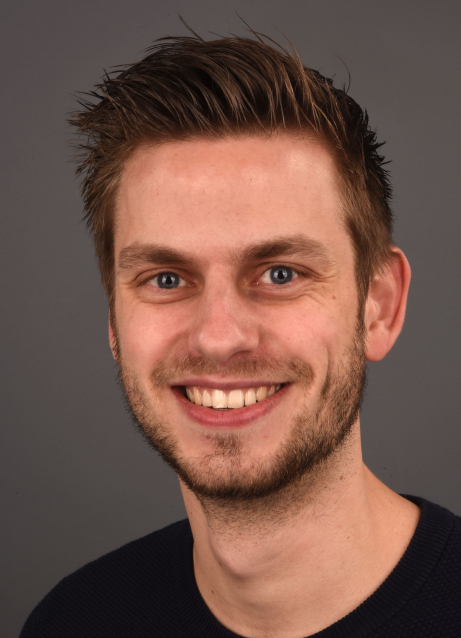New ECGI technique to image heart activity
Matthijs Cluitmans, PhD researcher and a doctor at the Hart + Vaat Centrum at Maastricht UMC+, successfully created a three-dimensional image of a patient's beating heart using non-invasive electrocardiographic imaging (ECGI).
Cardiovascular disease is one of the leading causes of death worldwide. Maastricht UMC+ has an excellent reputation in the field of cardiovascular research and treatment, thanks in part to its close collaboration with the Cardiovascular Research Institute Maastricht (CARIM) and Maastricht University's Department of Data Science and Knowledge Engineering.
Imaging plays an important role in diagnosing cardiovascular disease, which is what makes ECGI so relevant. ECGI is a step up from the well-known electrocardiogram (ECG) and can reveal more details about the electrophysiology of the heart than an ECG is capable of.
Application
The technique has been applied in a clinical setting to determine the origin of 'skipped beats' and to create a more effective treatment plan for that specific arrhythmia. Cardiologists who treat arrhythmias by threading a catheter from the groin to the heart can find their target more easily using ECGI and no longer have to search for the location of the arrhythmia. Cluitmans also used ECGI to illustrate a link between problems in the heart's electrical recovery phase and the risk of developing cardiac arrhythmias and sudden cardiac arrest. The insights currently provided by ECGI will be studied in large patient populations in the next few years.
Award
Cluitmans studied medicine and applied mathematics and acquired the knowledge and skills to carry out innovative medical technology research. For the application and improvement of the ECGI technique, he and his team were presented with the Clinical Needs Translational Award (CTA) by the European Society of Cardiology (ESC) and Computing in Cardiology (CinC). This award will be conferred in Rome on 29 August and will also recognise the collaboration between the research groups at Maastricht UMC+ and leading American research institutes in Boston. The CinC previously presented Cluitmans with the Rosanna Degani Award for young researchers. He hopes to obtain his PhD from Maastricht University this September for his research on cardiology and high-tech imaging.
This is a press release of the Maastricht Universitair Medisch Centrum (MUMC+). More information at: www.mumc.nl/en
Also read
-
Patients admitted to hospital due to a severe COVID-19 infection exhibit no evidence of brain damage caused by the disease. This is the conclusion of an extensive study led by Maastricht University.
-
Due to the Western lifestyle with a high fat diet combined with little exercise, more and more people in the Netherlands are overweight or even obese. This causes an increased risk of type II diabetes. What can be done about this besides a healthier lifestyle? The answer comes from an unexpected...
-
Survivors of colon cancer often have symptoms associated with the cancer or treatment for years after treatment, such as fatigue and tingling in fingers and feet. This has a great impact on the perceived quality of life. Whereas current lifestyle advice is mainly aimed at prevention of (colon)...


